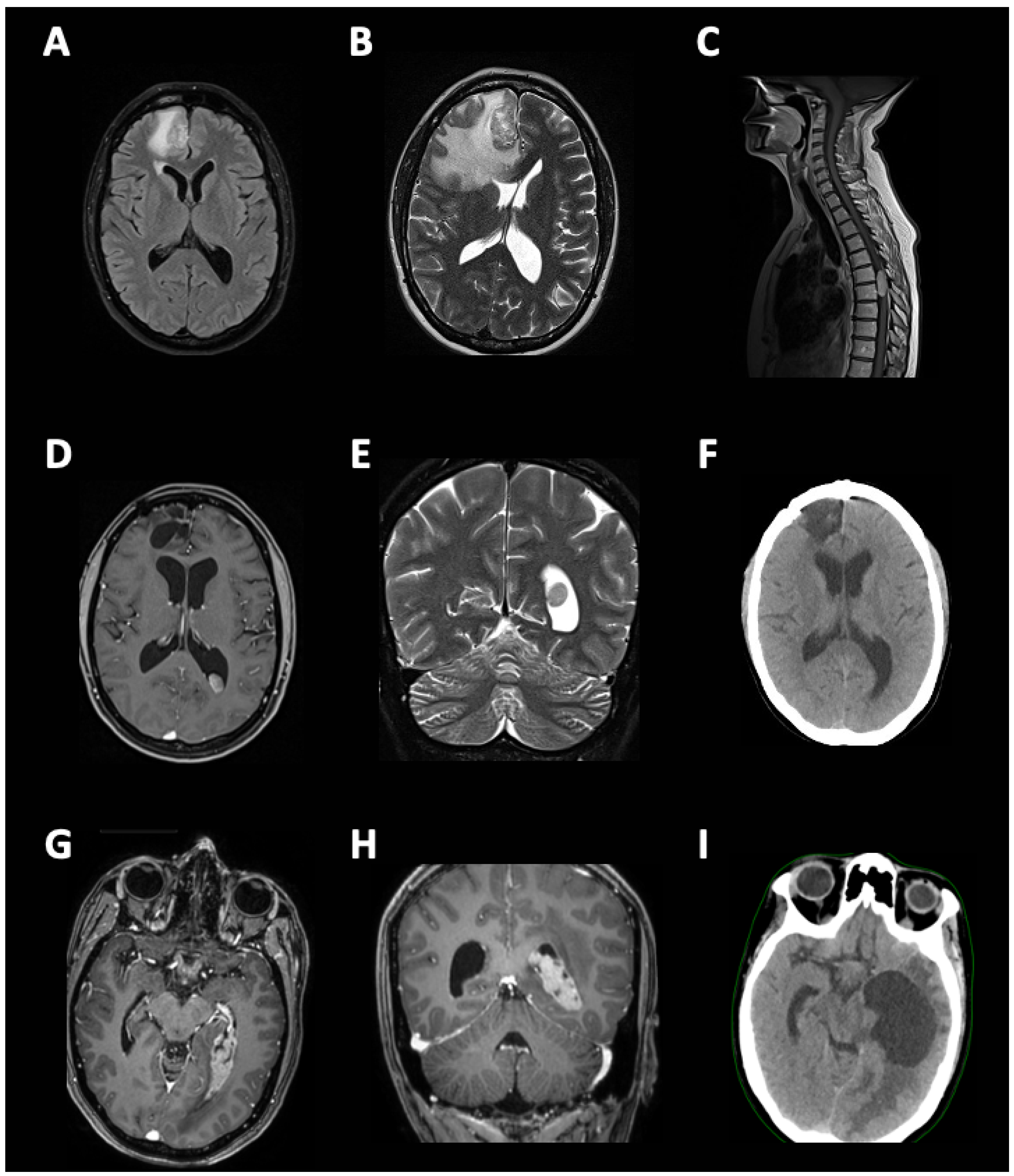Checkpoint genes ageing and the development of cancer Biology Diagrams Introduction: Despite remarkably improved outcomes with immune checkpoint inhibition, many patients with metastatic melanoma will eventually require further therapy. Chemotherapy has limited activity when used first-line but can alter the tumour microenvironment and does improve efficacy when used in combination with immunotherapy in lung cancer.

Immune checkpoint inhibitors (ICIs), such as pembrolizumab and nivolumab, are associated with high response rates in patients with relapsed or refractory (R/R) classic Hodgkin lymphoma (cHL). 1, 2 Patients responding to ICI often undergo consolidation with an autologous 3 or allogeneic blood or marrow transplantation (BMT; alloBMT). 4, 5 alloBMT carries significant and well-recognized risks of Introduction. Immune system activation is an extremely effective anticancer therapy that has revolutionised oncological clinical practice over the last decade.1 The immune checkpoint inhibitors (ICIs) are a group of drugs that 'take the brakes' off the normal immune response and facilitate immunological, as opposed to traditional cytotoxic, anti-cancer effects.

Checkpoint therapy in cancer treatment: progress, challenges, and ... Biology Diagrams
Immune checkpoint inhibitors (ICIs) block inhibitory pathways that tumour cells exploit to evade the immune system. They play a key role in the management of aggressive cancers, including non-small cell lung cancer, melanoma and Hodgkin's lymphoma. Despite their efficacy, ICIs can cause severe, potentially fatal, immune-related adverse events (irAEs), including multiorgan failure. Retrospective pattern-of-failure data in patients with non-small cell lung cancer (NSCLC) led to the initiation of two prospective randomized trials of local therapy plus systemic therapy versus local therapy alone [16, 17]. Both trials demonstrated that improved PFS could be achieved by treating established tumors present at baseline, but in

Source Reference: Slovin SF "Immune checkpoint combos in metastatic castration-resistant prostate cancer: Where are we going, what are we doing, and why?" J Clin Oncol 2025; DOI: 10.1200/JCO-24-02402. Figure 1. Milestones in cancer research. (A) Historical milestones in cancer research include discoveries, Nobel Prizes, and FDA approvals.(B) Immune checkpoint blockade with anti-CTLA-4 and anti-PD1 antibodies acts via T cells.Upon binding to their ligands, checkpoint receptors expressed on T cells, including PD-1 and CTLA-4, mediate suppression of T cell-mediated tumor killing. This review will focus on three major areas of cell cycle transition control, with particular attention to the alterations found in human cancer. These areas include the G1/S transition, where most cancer‐related defects occur, the G2/M checkpoint and its activation in response to DNA damage, and the spindle checkpoint.
